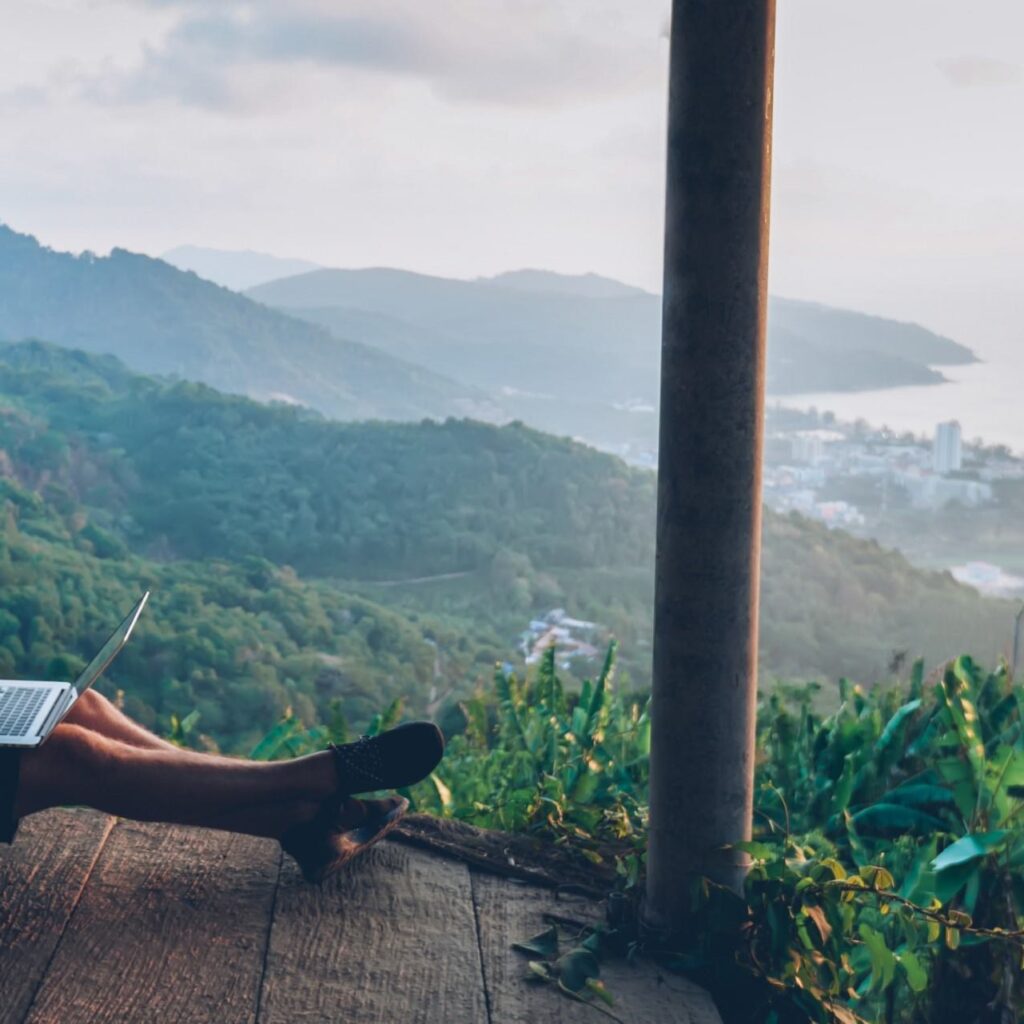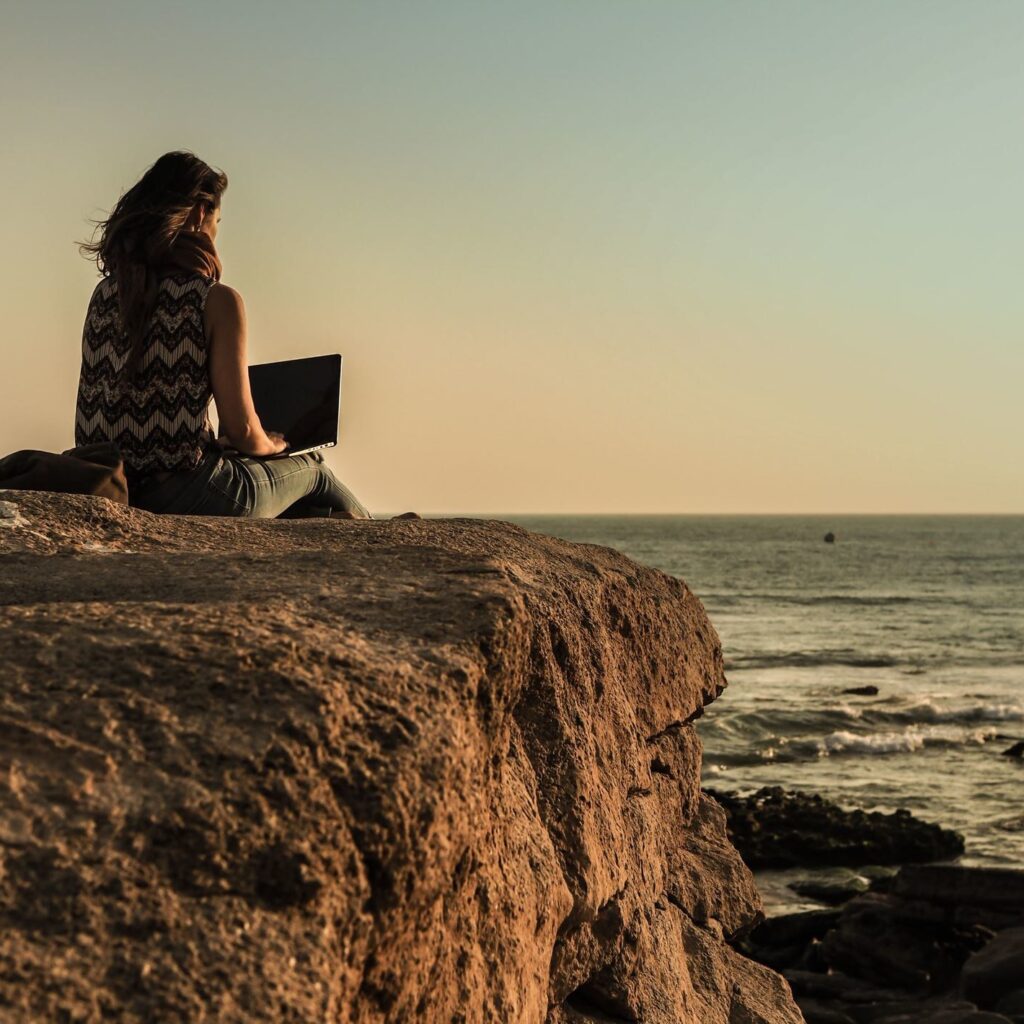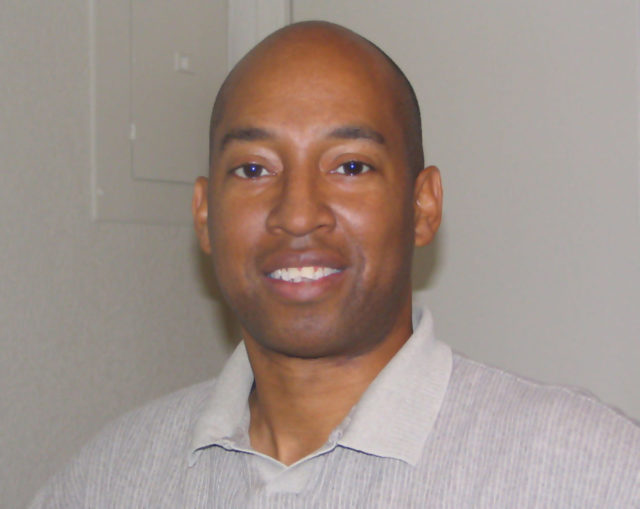Annual Vacation Deprivation report reveals Americans are battling burnout by giving themselves permission to PTO
SEATTLE, Feb. 22, 2022 /PRNewswire/ — Today, Expedia released its annual Vacation Deprivation study, finding that Americans took six fewer vacation days (less than 12 days) than the global average in 2021, leaving the majority feeling vacation deprived (59%) and more burned out than ever (72%). Surveying more than 14,500 working adults across 16 countries, the 2022 report also sheds light on the uncomfortable reality that pandemic-era flexible work arrangements can make it more difficult to unplug (54%), blurring the boundaries between time on and off the clock.




While many Americans made the best of this new-found flexibility by taking a “workcation” (traveling to a new destination and working remotely), most don’t consider these to be “true” vacations (61%). Furthermore, even as most Americans (78%) enjoy feeling “unproductive” during their vacations, half bring along their work laptops and 41% frequently join zoom calls while OOO.
“Despite the nearly universal belief that regular vacations are critical to our health and wellbeing, the research shows we struggle to fully unplug from work,” said Christie Hudson, senior PR manager for Expedia. “Instead, we try and do it all, checking email from the pool and taking work calls while out of office. This study is a reminder that vacations should be a time to rest, recharge and prioritize the things that really matter. After all, work can wait.”
2022 is promising to be the year Americans take back control of how they find joy during vacations and give themselves permission to PTO. In fact, working adults in the U.S. vowed to take an average of 14 days this year – almost three days more than they took in 2021 – and nearly all (92%) agree that regular vacations are important for general health and well-being. 44% of Americans have already booked a trip to look forward to and, based on 2021 habits, they are more likely than most other regions around the world to splurge on upgrades such as choosing a bigger room or flying first class, stopping at multiple destinations during a single trip or booking back-up trips.
Breaking Bad Vacation Habits
From reconnecting with loved ones to easing burn out, research consistently underscores the benefits of vacation. However, more than a few bad habits are preventing Americans from having the fulfilling travel experiences they deserve – and it’s time to break them.
- Not setting boundaries: 63% of Americans admitted to including their cell phone number in their out-of-office reply for their coworkers or clients, inviting interruptions during valuable time off. Breaking the habit of being easily available, when possible, ensures vacation time stays sacred.
- Leaving vacation days behind: Americans took the least amount of vacation days globally in 2021, even though more workers in the U.S. received unlimited vacation days (14%) than those in other countries (8%).
- Hustling without breaks: 49% of Americans admitted to feeling guilty when they don’t do anything “productive” while on vacation. 51% used some of their time off doing a side hustle and, on average, Americans used three vacation days last year to take care of a sick family member, go to a doctor appointment or run errands.
- Asking permission to take time off: 52% of Americans feel guilty having coworkers cover their work and 44% feel the need to apologize or make excuses for taking time off, despite most agreeing their colleagues are supportive of them using their vacation time (80%).
Download the full 2022 Vacation Deprivation report here and find more tips on making the most out of every trip on the Expedia Stories blog.
Want to gain more on your next vacation? Expedia makes it easier to save on the things that matter the most when booking your next trip with Expedia Rewards. Sign up for an Expedia account to get instant access to savings worth 10% or more on select hotels thanks to Member Prices.
About the Vacation Deprivation Study
Expedia first commissioned Vacation Deprivation in 2000 to examine the work-life balance of people worldwide. The annual study is currently in its 22nd year and was conducted online among 14,544 respondents across North and South America, Europe and Asia-Pacific. Commissioned from December 14 – December 30, 2021 on behalf of Expedia by Northstar Research Partners, a global strategic research firm, responses were gathered using an amalgamated group of best-in-class panels. Looking at the margin of error for the global average, a 1% difference is statistically significant at 90% confidence.
About Expedia:
Expedia® is one of the world’s leading full-service travel brands, with a mission of helping travelers get the most out of every trip they take by providing everything they need all in one place, ensuring they are getting the most out of every trip they take, and above all else, feel supported every step of the way.
Our commitment to insights matched with our unprecedented scale allows us to understand our travelers better than anyone else, delivering exactly what they need, when they need it. Our personalized experiences backed by incredible technology, enables us to deliver the widest selection of product offerings across accommodations, transportation, activities and experiences, that help you get the most out of your journey.
Use our mobile app or visit expedia.com to plan your journey with us.
Travelers can visit the Expedia COVID-19 travel resource page for information to make informed travel decisions.
© 2022 Expedia, Inc., an Expedia Group company. All rights reserved. Expedia and the Airplane logo are trademarks of Expedia, Inc. in the U.S. and/or other countries. All other trademarks are the property of their respective owners. CST# 2029030-50.
SOURCE Expedia.com

Rod Washington: Rod is a blogger, writer, filmmaker, photographer, daydreamer who likes to cook. Rod produces and directs the web series, CUPIC: Diary of an Investigator. He also produces news and documentary video projects. Check out his podcast StoriesThisMoment at https://m3e.d71.myftpupload.com/stm-tncn-podcasts/


